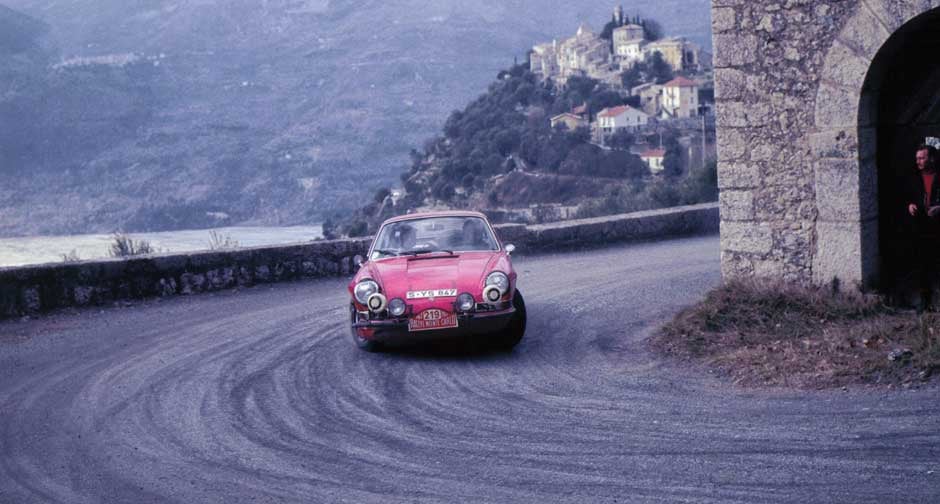First, let’s consider why Elford has more right than anyone to tell us how to ‘seduce’ a 911 (his words). In 1967, he and his co-drivers (Hans Hermann and Jochen Neerpasch) took a 911R to victory in the 84-hour Marathon de la Route, on the treacherous combination of Nürburgring Nordschleife and Südschleife. Yes, 84 hours. Three and a half days, with Elford doing much of the night driving. That year, he also became European Rally Champion in the GT class in a 911S. And those are just two highlights of an incredibly varied career that – even aside from Porsches – encompassed 13 World Championship F1 Grand Prix races.
So we asked this race and rally expert for his thoughts on the techniques needed to get the best from a classic 911.

“The real secret of driving an early 911 is balance. When I first rallied one, in the 1960s, that rear engine meant the weight distribution was around 40/60 and the car had a dreadful reputation for spinning. The balance of those early cars can be altered by the tiniest adjustment to the throttle and steering – but if an inexperienced driver feels the rear end getting out of line, the risk is that he will simply lift off the throttle. And that, of course, is a recipe for disaster. Lifting off too abruptly unloads the rear wheels, transfers the weight to the front, and the extra grip on the front wheels means a spin is inevitable.
“By the time the average driver feels the rear end sliding, it’s probably too late to catch it because the rear-heavy car ‘accelerates’ into the slide. But I discovered that the 911’s fearsome reputation was a myth. Once you understand the balance and dynamics, the car becomes predictable – and genuinely safe. It’s a car that needs to be gently coaxed, and persuaded, and seduced: but never bullied. Treat it with finesse – everything smooth and gentle, because if you try to bully a 911, it will bite you.”








